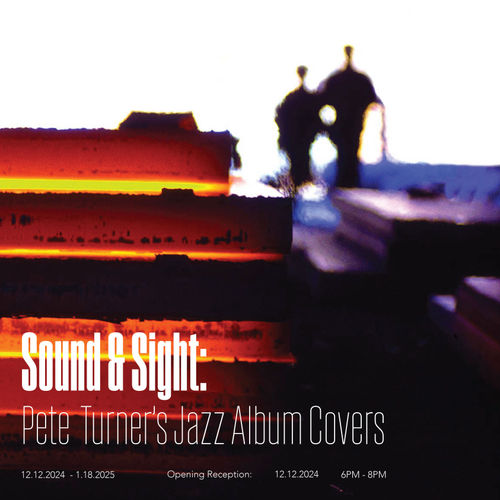Bruce Silverstein Gallery presents Sound & Sight: Pete Turner’s Jazz Album Covers, an exhibition celebrating Turner’s profound impact on the visual culture of Jazz. Pete Turner’s vibrant colors and dreamlike compositions have graced the pages of magazines, including Esquire, Look, and Sports Illustrated; however, his work may be most recognizable to a different audience—those with a passion for jazz. Spanning five decades and over seventy covers, Turner’s pioneering approach infused jazz album covers with conceptual depth and dynamic energy. By mirroring the improvisational and emotive nature of jazz, Turner bridged sound and vision. His Surrealist predilection and unparalleled ability to translate the essence of music into striking visual compositions redefined the role of the album cover in the art world and reshaped how music is experienced. Sound & Sight: Pete Turner’s Jazz Album Covers invites audiences to immerse themselves in the fusion of sound and sight that characterized his work. As you explore his work, ask yourself: can you see the sound? Can you feel the color of jazz?
Before the late 1940s and early 1950s, there was a lack of visual identity in record covers, which reflected how the music industry operated. Vinyl covers were formulaic, with record labels taking precedence over artistic expression; most covers merely showcased the label’s name, logo, or insignia. Regardless of genre— jazz, classical, or pop- this uniformity across record covers was a direct consequence of mass production techniques and an industry-wide disregard for the potential synergy between visuals and music. The album covers would look nearly identical from release to release. Simply put, people did not yet see album covers as a medium for artistic or creative expression. Pete Turner’s approach broke this mold. By translating the essence of sound into striking visual narratives, Turner made album covers an integral part of the listening experience.

